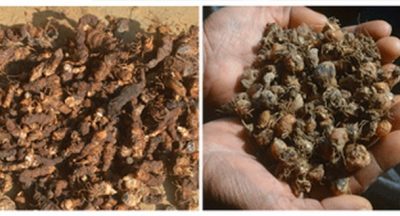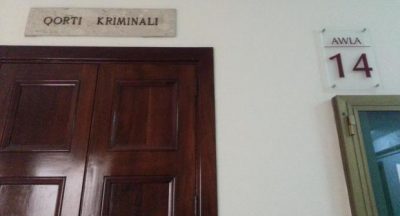Trends in Trade in Counterfeit and Pirated Goods
Illicit trade in fake goods is a major challenge in an innovation-driven global economy. It has a negative impact on the sales and profits of affected firms, as well as broader adverse effects on the economy as well as public health, safety and security. Organised criminal groups are seen as playing an increasingly important role in these activities, using profits from counterfeiting and piracy operations to fund other illegal activities. Counterfeiters operate swiftly in the globalized economy, misusing free trade zones, taking advantage of many legitimate trade facilitation mechanisms and thriving in economies with weak governance standards.
To provide policy makers with solid empirical evidence for taking action against this threat, the OECD and the EU Intellectual Property Office (EUIPO) joined forces to carry out a series of analytical studies. The results have been published in a set of reports, starting with the 2016 Trade in Counterfeit and Pirated Goods: Mapping the Economic Impact. The report showed that trade in counterfeit and pirated goods amounted to up to 2.5 % of world trade in 2013; when considering only the imports into the EU, they amounted to up to 5 % of imports.
Trade in counterfeit and pirated goods is a very dynamic and constantly changing phenomenon. Continuous measurement efforts are needed to monitor this risk. This report presents updated figures on the scale, scope and magnitude of trade in counterfeit and pirated goods, based on a statistical analysis of a unique database of half a million seizures of counterfeit goods. Structured interviews with trade and customs experts also contributed to the analysis.
The results are alarming. In 2016, counterfeit and pirated goods amounted to as much as 3.3% of world trade, and up to 6.8% of EU imports from third countries. These figure underscore once again the need for coordinated action against IP crime in general and trade in counterfeits in particular.
We are very pleased that our two institutions joined forces once again to update the results published in the 2016 OECD – EUIPO report Trade in Counterfeit and Pirated Goods: Mapping the Economic Impact and to assess the scope and magnitude of damages to world trade caused by counterfeit and pirated goods.
At the OECD, this study was conducted under the Task Force on Countering Illicit Trade (TF-CIT) of the OECD High Level Risk Forum. The Forum focuses on evidence-based research and advanced analytics to assist policy makers in mapping and understanding the market vulnerabilities exploited and created by illicit trade. The study was shared with other policymaking OECD bodies with relevant expertise in the area of trade and innovation.
Related Posts
Forest products smuggling rampant at border areas
Taking advantage of virtually non-existent administrative mechanism in the remote...
Anti Counterfeit Market for Food and Pharmaceuticals Expected to Reach US$79.3 Billion by 2014
According to a new market research report, ‘Anti Counterfeit Market for Food and...
Shisha tobacco smuggler gets suspended sentence
A refugee caught smuggling 16 kilos of shisha tobacco from Italy was today given...
Suspended sentence for involvement in £110,000 tobacco smuggling operation
A local man and a juvenile have been sentenced to three months in prison,...





